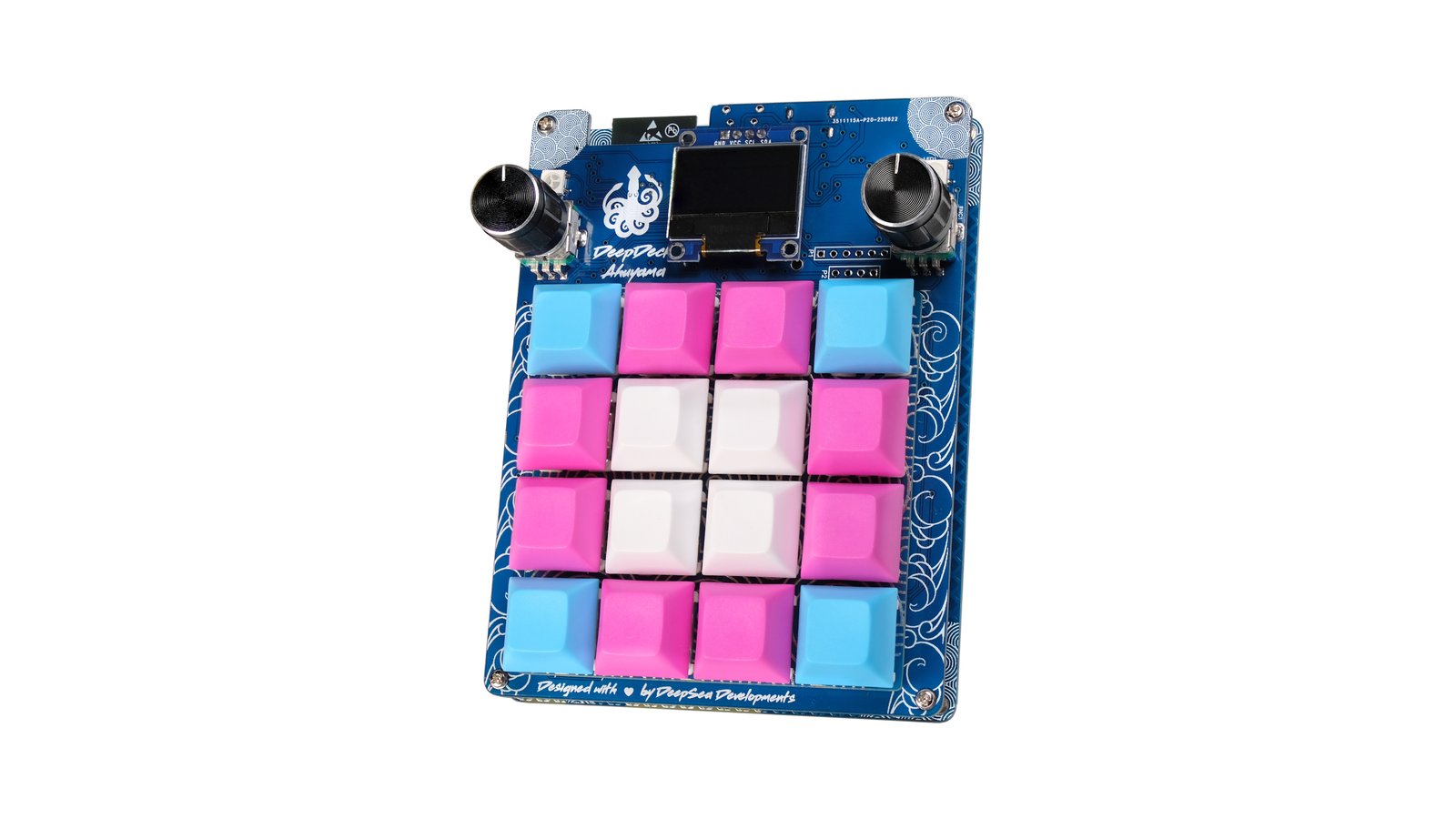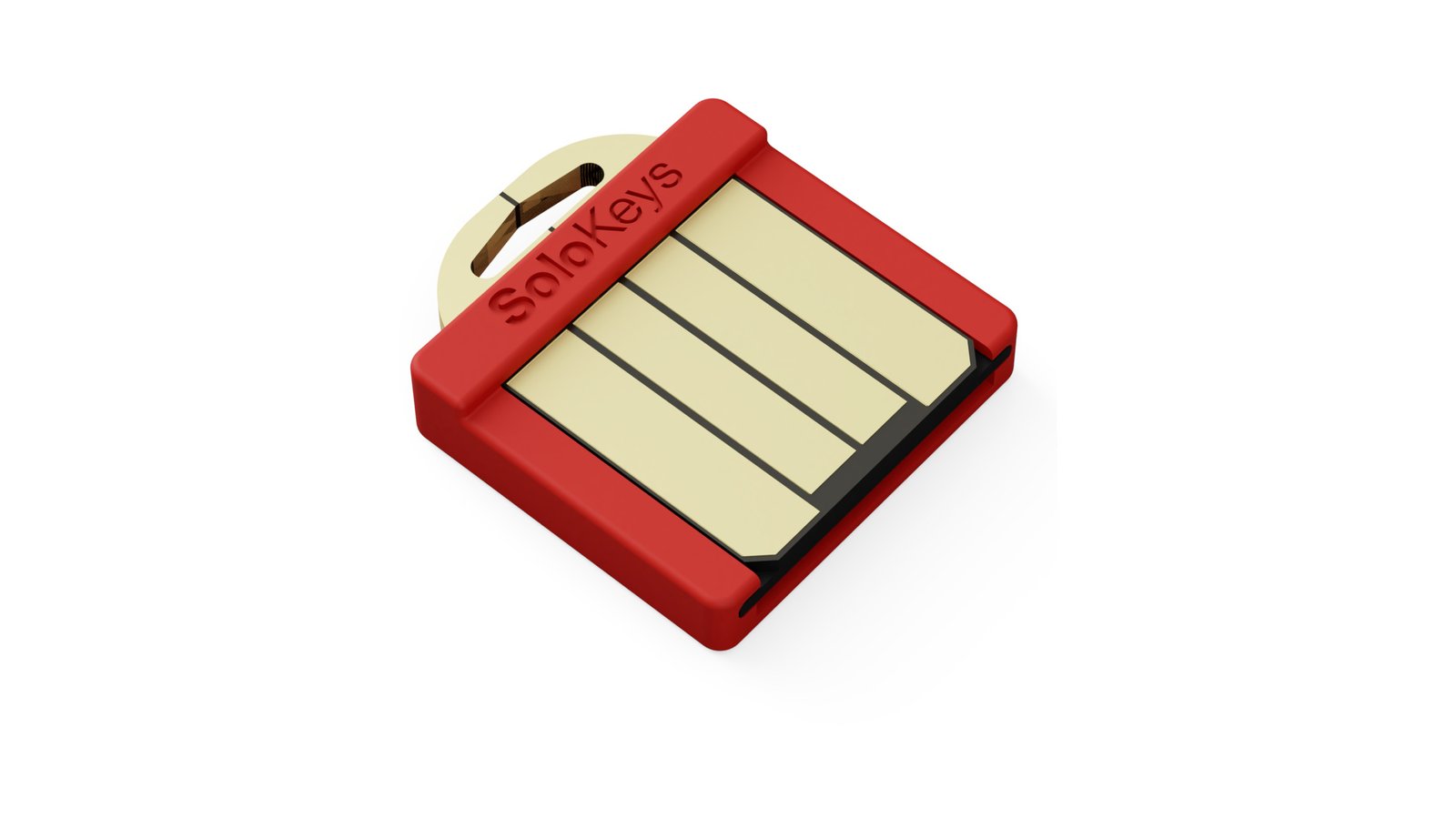Open Steno Project
Keyboards & Input Devices
Open Steno Project
Keyboards & Input Devices
Hello, mechanical keyboard enthusiasts! We at the Open Steno Project are in the midst of creating from scratch an entirely new keyboard for use by stenographers. Finding just the right key switch to meet our keyboard’s exacting demands proved impossible, so we worked with one of the world’s leading keyboard manufacturers to create a new key switch to our specifications.
We’re happy to offer these switches for the first time ahead of the production of our keyboard. In addition to being among the first people in the world to enjoy these key switches for your own projects, you can help support our cause - all proceeds go back into the development of an open source keyboard designed specifically to lower the cost of entry to the amazing world of stenography.
Get it? Key features…
Our target users (stenographers) place an extreme emphasis on working with a quiet keyboard. After all, stenography often takes place right in the middle of free flowing conversation, such as in a courtroom or classroom, and the noise of rapid typing on a normal keyboard would be too distracting. Even the so-called "quiet click" keyboards are much too loud. Our key switch was specifically designed not to have any click mechanism.
Stenographers often find themselves typing for many continuous hours. Every extra effort to depress a key quickly adds up and can lead to serious injury. Our key switch has, as far as we can tell, the lowest actuation force (35cN) of any mechanical key switch on the market. This is 22% less force than required by the nearest comparable switch, the Cherry MX Red.
We want our keyboard to last as long as anyone would want to use it, so our switches have to stand up to millions of strokes. At least 50 million to be precise. This is achieved by using high-quality, well-tested internal components.
For example, consider the two electrical contacts in the switch. When the two contacts meet, an electrical connection is made and the key switch is considered to be "on." The standard way to make a great electrical connection is to cover the two contacts in gold. Indeed, one of the contacts in our switch is completely covered in gold. The other contact, pictured above, is gold-plated only on the small area that will actually physically touch the other contact. The reason for this is simply that the process of gold plating weakens the metal being plated, which would reduce the longevity of the key switch. The extra complexity of coating only a small portion of the contact in gold maintains the strength of the metal while at the same time providing just as good of an electrical connection.
Our key switches can be completely disassembled and reassembled without using any tools, though tweezers help. This means that you can replace or modify any of the pieces. Of particular interest is the spring: you could replace or modify the spring to be more or less stiff to suit your exact touch. Even the color of the key switch can be modified - because the housing of our key switches is clear, they can be easily backlit without requiring a separate LED for each switch.
Critical for our keyboard is the requirement that custom key caps could be easily manufactured to fit onto the key switches. Unlike the Cherry MX line of key switches, which use a mounting post that requires a mating piece in the shape of a difficult-to-manufacture cross, our switches use an Alps-style mounting post that requires a simple rectangular mating piece. The practical upshot of this difference is that we can now create custom key caps by milling them out of metal, plastic, or other materials, without the need for injection mold tooling or lots of manual labor to modify existing key caps, both of which are expensive. The image below shows an example of some key caps we’ve made for our switches.
Finally, you can start using our key switches in your projects right away - we’ve already contributed a PCB footprint to the standard KiCad library of footprints, as shown in the screenshot below.
One of the primary motivations of the keyboard for which these switches were designed is to make stenography financially accessible to a wide range of people. Keeping the cost of key switches down is a critical piece of this. As it turns out, the least expensive option that covers all of these features was for us to work with Matias to create our own switch.
If you aren’t a mechanical keyboard enthusiast, but want to learn more, check out this guide to mechanical keyboards. If you are a mechanical keyboard enthusiast, you’ve probably heard of or even used the Cherry MX line of key switches. Here’s how our key switch compares along the axes we most care about:
| Open Steno Project Key Switch | Cherry MX Red Key Switch | |
|---|---|---|
| Durability | 50,000,000 cycles | 50,000,000 cycles |
| Actuation Force | 35 cN | 45 cN |
| Custom Key Caps | easy (rectangular mounting post) | difficult (cross mounting post) |
| Backlighting | easy (clear housing) | possible (clear housing on some models) |
| Availability | soon to be in regular production | out of common circulation |
| Price* | about $0.30 each | about $0.50 each |
To create our switches, we worked directly with Matias, a Canadian company with a long history of shipping great keyboards. Among other things, Matias is famous for reviving the Alps-style key switch used in the early Apple II mechanical keyboards. We prototyped and sampled several variations until we found the perfect fit. Matias handled all manufacturing. Matias has been a pleasure to work with and we’ve been lucky to find such an established partner willing to take on our relatively small project.
US domestic shipping is included in the listed price. Shipping outside the US is available for a flat $15 surcharge per bag.
While the minimum order quantity (MOQ) for the initial batch of switches is much higher than the funding goal of this campaign ($1,000) would suggest, we plan to use many of those switches to produce our own keyboard. We’re running this campaign to simplify the logistics of offering our extra keys to other people. We look forward to seeing the projects that end up using them. Thanks for your support and enjoy these great key switches!
"It's smooth, *really* smooth... I had high hopes, but they definitely came through here."
"It includes a liberally greased linear leaf for stabilization as well as dampeners."
Produced by Open Steno Project in Portland, OR.
Sold and shipped by Crowd Supply.

A bag of 100 key-switches.

The Open Steno Project is an umbrella project for open source stenography tools, including hardware, software, educational resources, and community.
An open-source, manual pick-and-place machine for PCB artisans

Wireless, fully programmable, open source, ESP32 macropad featuring 16 RGB, mechanical, hot-swappable keys and two RGB rotary encoders

A tiny FIDO2 security key for two-factor authentication and passwordless login